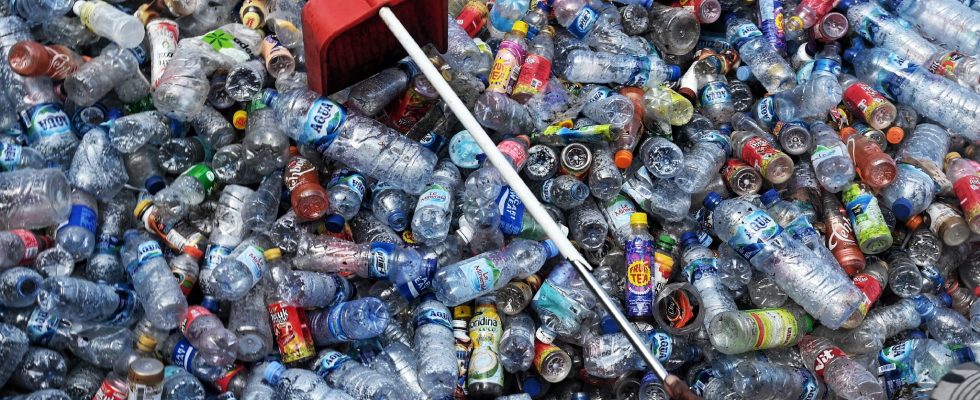Timid stage victory Friday, June 2, at the headquarters of UNESCO in Paris, for the participants of the International Negotiations Committee (INC). The 175 countries, which have been discussing since the beginning of the week on the adoption of the future treaty against plastic pollution, have agreed that they will establish a first version of the text by the end of the year. “The ICN requests its president to develop, with the assistance of the secretariat, a draft of the first version of the legally binding international treaty,” the states announced in a press release.
To do this, the parties have already set their next meeting, next November in Kenya. A return to basics, since the principle of a legally binding treaty was agreed in February 2022 in Nairobi, at the headquarters of the United Nations Environment Program (UNEP). The Paris week of negotiations is the second of five sessions intended to work out the text. The discussions will then continue next April in Canada and will conclude in South Korea at the end of 2024, with the writing and then the ratification of the text.
Two opposing views
While participants welcomed the successful outcome of the negotiations, they were not without friction. The French Minister for Ecological Transition, Christophe Béchu, spoke in particular of a “laborious start to the week”, “a lot of nit-picking” and “some delaying maneuvers” from certain countries. Indeed, the negotiators, meeting since Monday, had not been able to get to the heart of the matter until Wednesday.
The Gulf countries, China, Brazil and India blocked negotiations for two days on the specific question of whether or not to vote in the event of a lack of unanimity during the future examination of a draft treaty. Faced with the proliferation of plastic, these major producing countries prefer to talk about reuse, alternatives to plastic and recycling. This strategy was criticized by other participants, including Mexico, which announced through its negotiator Camila Zepeda “that by 2050 there will be more plastic waste than fish in the oceans […] We can’t dwell on rules of procedure.”
Faced with these blockages, a “Coalition for high ambition” was formed by around fifty countries. It includes in particular the G7 countries, with the exception of the United States. The goal of this ad hoc group is to reduce global production in order to “end plastic pollution by 2040”.
Production up
For its part, the environmental defense association Greenpeace denounced in a press release the fact that “the negotiations this week clearly show that the oil-producing countries and the fossil fuel industry are doing everything in their power power to weaken the treaty and delay the process”.
If so many countries have chosen to sit around the negotiating table, it is because the mass of waste dumped into nature is growing uncontrollably. Since the early 2000s, it has almost doubled to reach 460 million tonnes annually. It could still triple by 2060 if nothing is done. Only 9% of the plastic produced is, to date, actually recycled.
